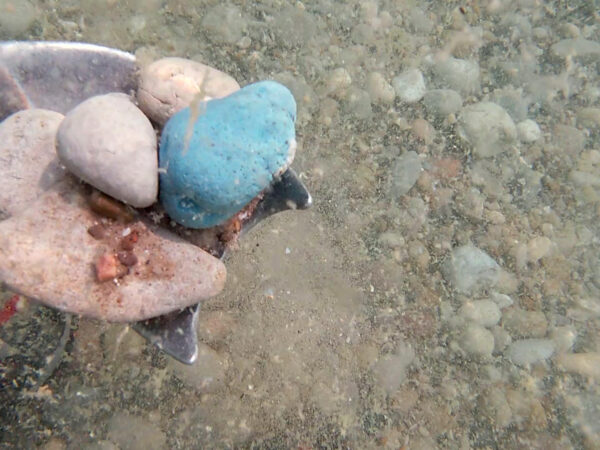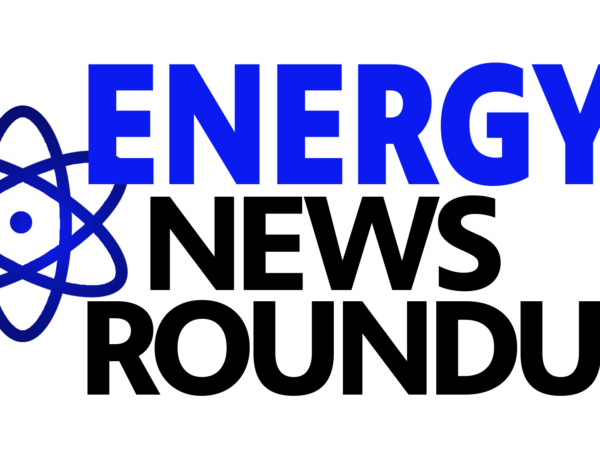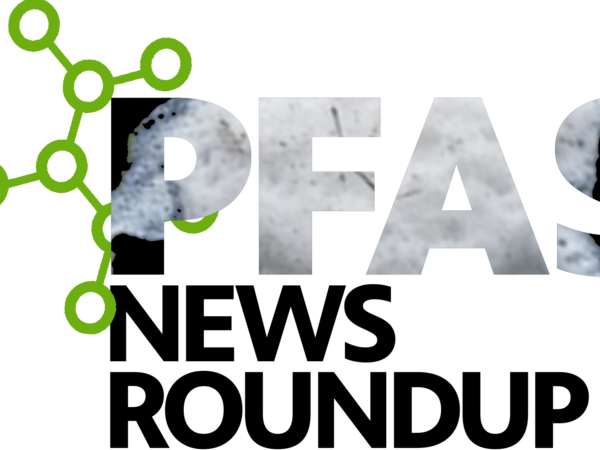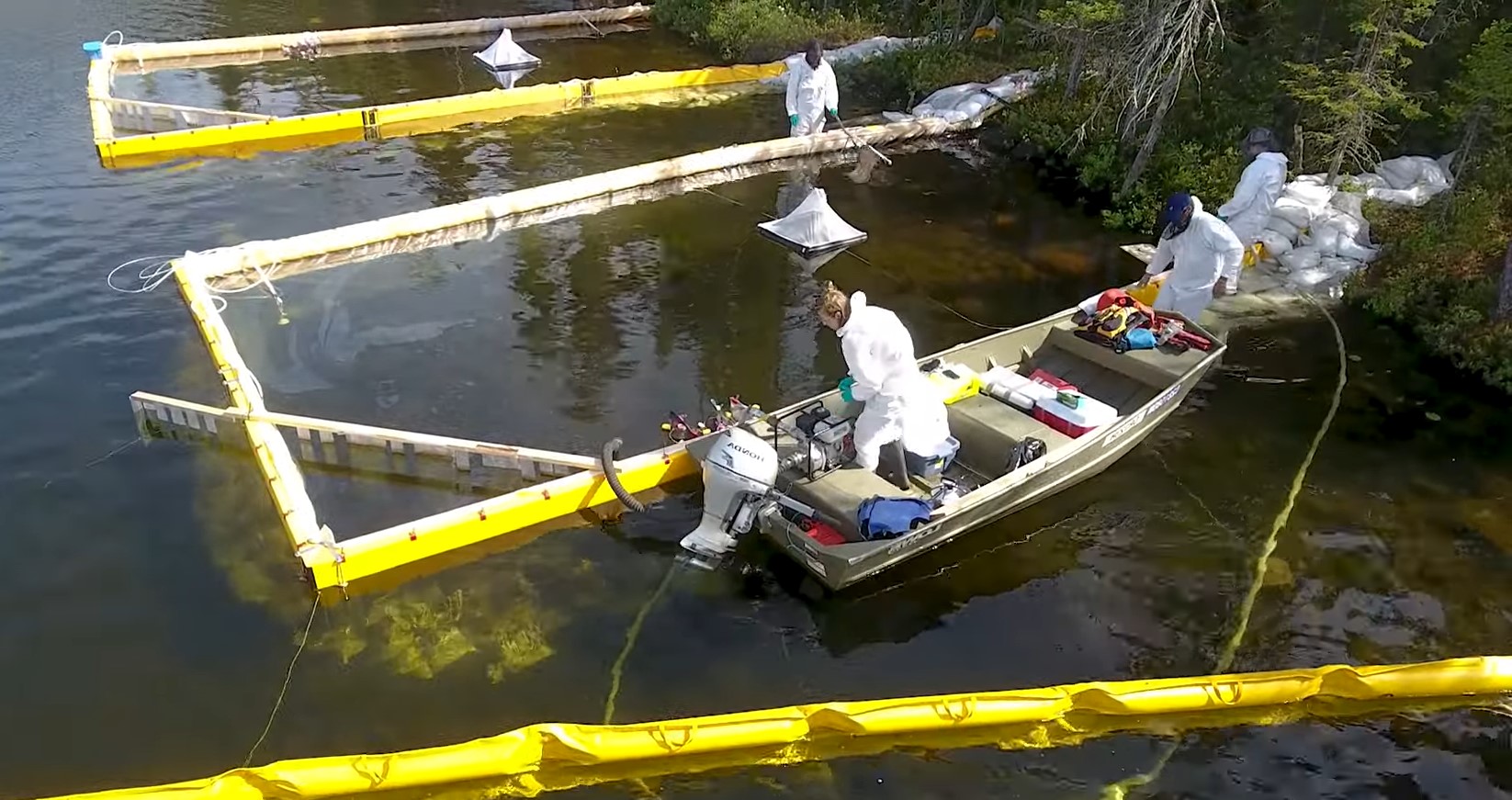
Natural populations of oil-degrading bacteria could help to clean up freshwater rivers and lakes after spills from pipelines and trains, researchers have found after experiments that simulated spills in a Canadian lake.
Vince Palace, who led the work at the International Institute for Sustainable Development’s Experimental Lakes Area in western Ontario, said that the methods currently in use for cleaning up spills in rivers and lakes – mostly digging up and dumping contaminated soil – are not particularly effective. They only recover around 20 to 40% of the oil, and the physical damage done to shorelines and streambeds can be worse than the effects of the spill itself, taking as long as a decade to recover.
Palace and his colleagues wanted to see if leaving the oil in place to be cleaned up by natural processes like bacteria might be a practical alternative.
“We know that in the marine environment there are bacteria that can degrade oil,” said Palace. “We wanted to know if naïve freshwater systems have that same capacity.”
The researchers created enclosures along the shore of one of the experimental lakes and dumped either conventional crude oil or the diluted bitumen that comes from Canada’s oil sands to simulate a spill. After 72 hours they cleaned it up as best they could, then examined what happened to the residual oil over the course of the summer and into the winter.
Watch Great Lakes Now‘s segment on this research here:
API key not valid. Please pass a valid API key.The team found that after the spill, the composition of the bacterial community in the soil and water shifted dramatically. Rare types of bacteria, which had barely been present before, suddenly became the most common – and most of them had the capacity to degrade oil by using it as a source of food, suggesting a natural recovery could be a potential solution to spills in places like the Great Lakes, which are criss-crossed by pipelines and home to several refineries.
Currently, the Enbridge Inc. Line 5 pipeline under the Straits of Mackinac and Line 3 pipeline cutting through Minnesota and Wisconsin are the sources of controversy as residents and activists worry over the potential ramifications of an oil spill from either pipeline.
It is not yet clear, however, what effect such a drastic change in the make-up of the bacterial community might have on the wider ecosystem.
Zhanfei Liu, a chemist at the University of Texas at Austin who studied the response of bacterial communities in the Gulf of Mexico to the Deepwater Horizon oil spill, said he was not surprised to see a surge in oil-degrading bacteria in freshwater ecosystems. Though people tend to think that the microbial community in the Gulf of Mexico, with its thousands of natural oil seeps, is particularly adapted to deal with oil, Liu says that is a misconception – that capacity is present in ecosystems everywhere.
“Mother nature is ready to act,” he said. “If you spill oil anywhere, you’re going to see oil degraders take off.”
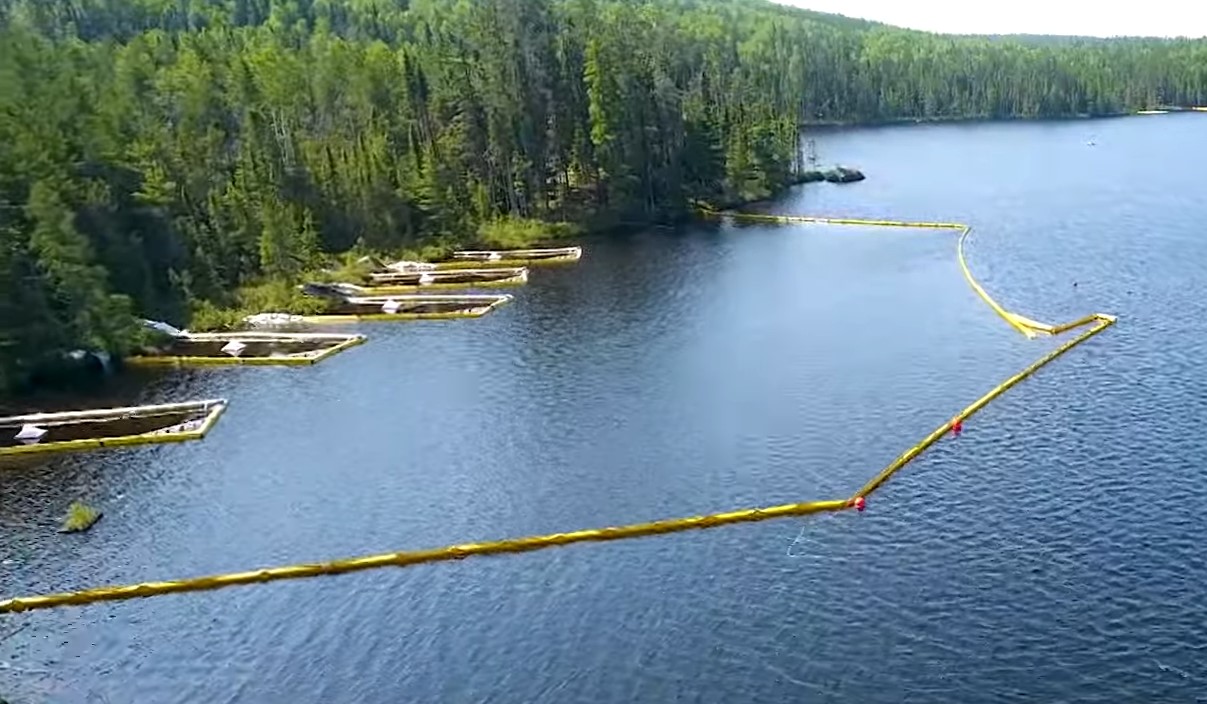
The International Institute for Sustainable Development’s Experimental Lakes Area in western Ontario has small enclosures set up in one of the lakes it uses for scientific study, to test the impact of oil spills and potential cleanup methods. (Great Lakes Now Episode 1010)
The next step for Palace and his team is to do some more specific experiments on how, exactly, the bacteria break down the oil, whether they react differently to the two types of oils, and how fast they work. That will help determine whether leaving most of the job of cleaning up to bacteria is a viable solution.
The biggest hurdle, he said, is public perception: people just don’t like the idea of leaving nature to clean up our messes. While Palace is not yet endorsing leaving spill clean-up to the bacteria, he hopes this work can help to address some of those concerns.
“We’re trying to provide the scientific data that can tell us whether this is a valid approach,” said Palace. “We’ve seen enough so far to say it’s at least worth evaluating further.”
Catch more news on Great Lakes Now:
“I can sum it up in one word, and that is: nightmare.” 10 years after massive oil spill in Michigan
Turtle Recovery: Studying turtles on the Kalamazoo River 10 years after Enbridge oil spill
Featured image: The International Institute for Sustainable Development’s Experimental Lakes Area in western Ontario has small enclosures set up in one of the lakes it uses for scientific study, to test the impact of oil spills and potential cleanup methods. (Great Lakes Now Episode 1010)
4 Comments
-
From both watching and listening to this Great Lakes Now report,
one would think that Enbridge’s Line 5 is transporting “dillbit” through
its pipeline.The voice over narrative of Beth Wallace combined with the Line 5
map images while she is talking leaves this distinct impression.However, creating a visual impression that Line 5 is transporting
dillbit is false and misleading communication, as such crude oil
transport of dillbit in Line 5 is prohibited by an agreement between
the State of Michigan and Enbridge.Line 5 is restricted to light, sweet crude oil, desulfurized synthetic
crude and natural gas liquids (NGL)……and Line 5 has never carried
any diluted bitumen in its entire history of operation. -
Alex makes a good point, but I also wonder if there might be other issues, in particular with Line 5.
Everything Line 5 carries has a density less than that of water, so a leak would carry those products to a variety of places, thanks in part to the current in the Straits. That might require cleaning up a pretty large area, both of shorelines and of floating oil out in the Great Lakes. -
Perhaps we should look to eliminating pipelines and dependence on oil, not finding better ways to clean up spills. Come on people!
-
Using environmental remediation will benefit all life surrounding affected areas of land by reducing or removing pollution.


